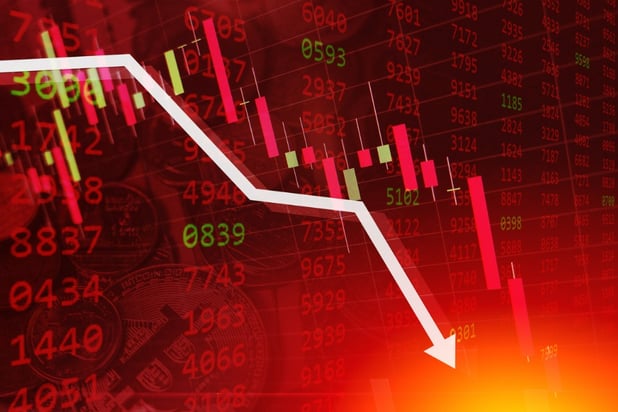

Allstate is facing a potential crisis in its aggressive stock buybacks as the negative impacts of inflation and rising premiums cut into its capital levels.
A report by Crain’s Chicago Business said Allstate spent $2.5 billion on share repurchases in 2022, despite posting a $1.4 billion net loss. As a result, the insurer has slowed down buybacks by extending through September a $5 billion repurchase program that was supposed to be completed by the end of March.
Allstate's auto insurance profit margins were best in the industry until about 18 months ago, but inflation in car repair, replacement prices, and medical costs have since brought the insurer “well into the red.” These losses have impacted capital levels at Allstate's core insurance subsidiary, which traditionally provides most of the cash that covers debt service, shareholder dividends, and buybacks.
Allstate also saw its statutory surplus plunge to $12.2 billion in 2022, down 34% from $18.4 billion the year before, according to a separate company filing. Meanwhile, the premiums that it collects from policyholders have been rising, which means there is less capital to back more of the company’s risk exposure.
Allstate has stopped vacuuming cash from its insurance unit since mid-2022 in response to these reductions, according to the Crain’s Chicago Business report. Capital for the insurer’s holding company remained at $4 billion as of year-end, but Wells Fargo analysts Elyse Greenspan said dividends, interest payments, and planned buybacks for the remainder of this year will reduce this figure to $1.4 billion.
“We believe it's prudent for Allstate to pause its buyback, leaving capital in the (insurance subsidiaries) while underwriting results recover, especially as inflationary impacts on severity (replacement costs, medical, legal) are still concerning,” Greenspan said in a report titled “Stop the Buyback” last October.
This note was followed by warnings from credit ratings agencies Fitch Ratings and Standard & Poor's, which both put Allstate on negative watch.
Allstate is the insurance industry's most aggressive buyer of its own stock. It has repurchased 789 million shares at a cost of $42.8 billion since 1995, while issuing 154 million shares, according to its SEC filing.
CEO Tim Wilson has dismissed concerns about diminishing capital and said that Allstate is “really well capitalized” after the company reported a fourth quarter net loss of $310 million earlier this week.
Allstate has hiked its annual dividend by 5% to $3.56 per share and redeemed its Series G preferred stock for $575 million.
